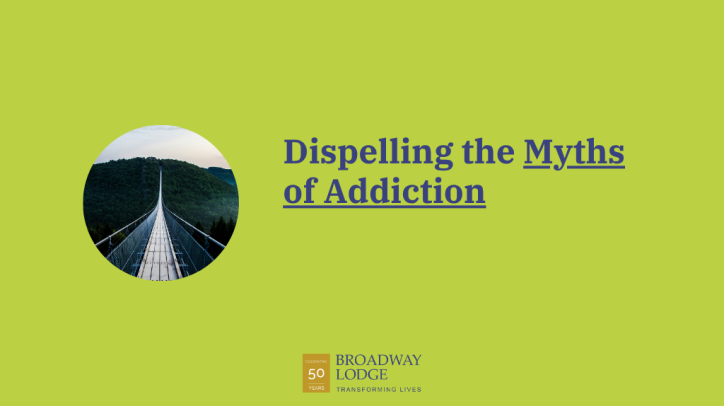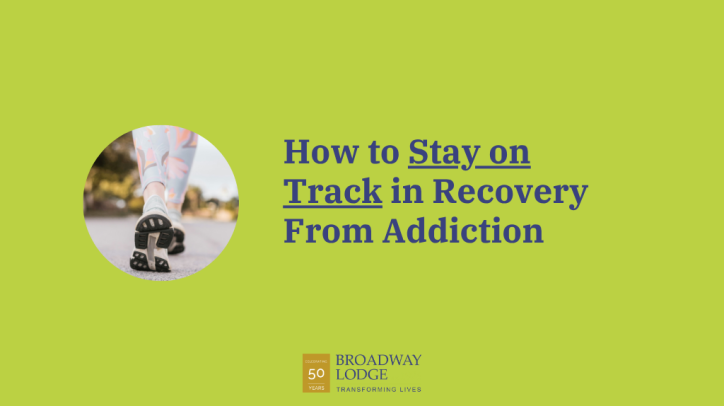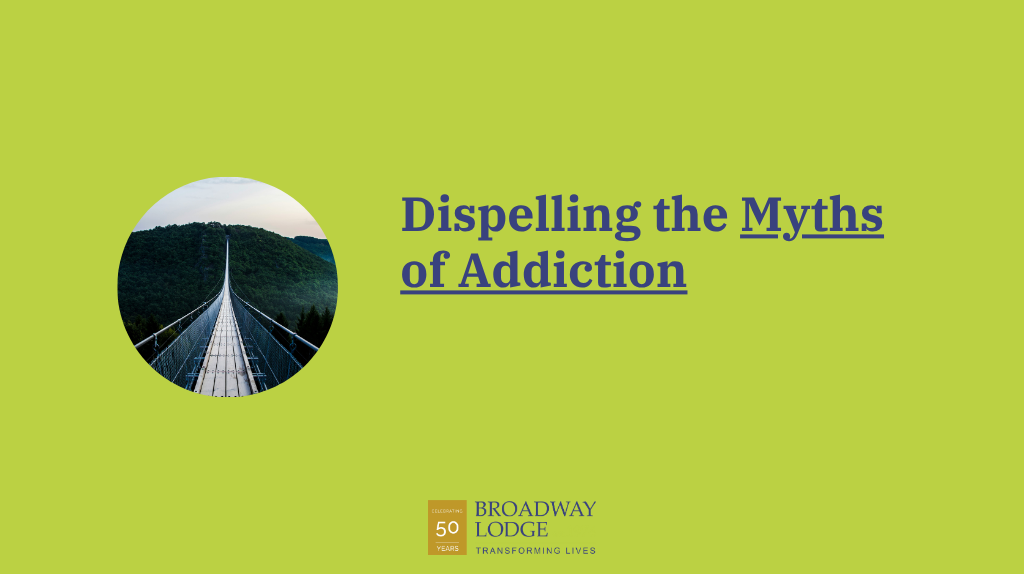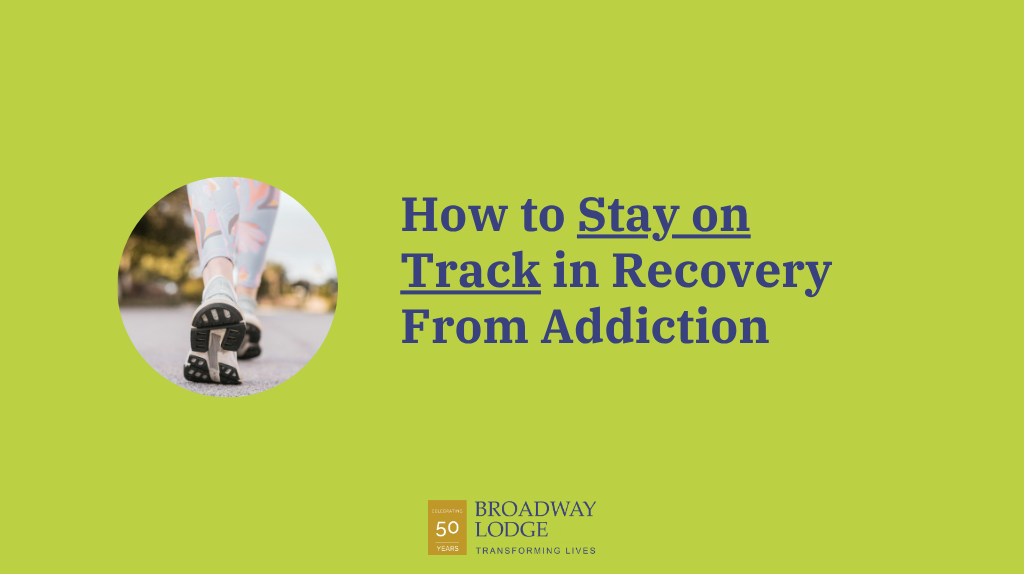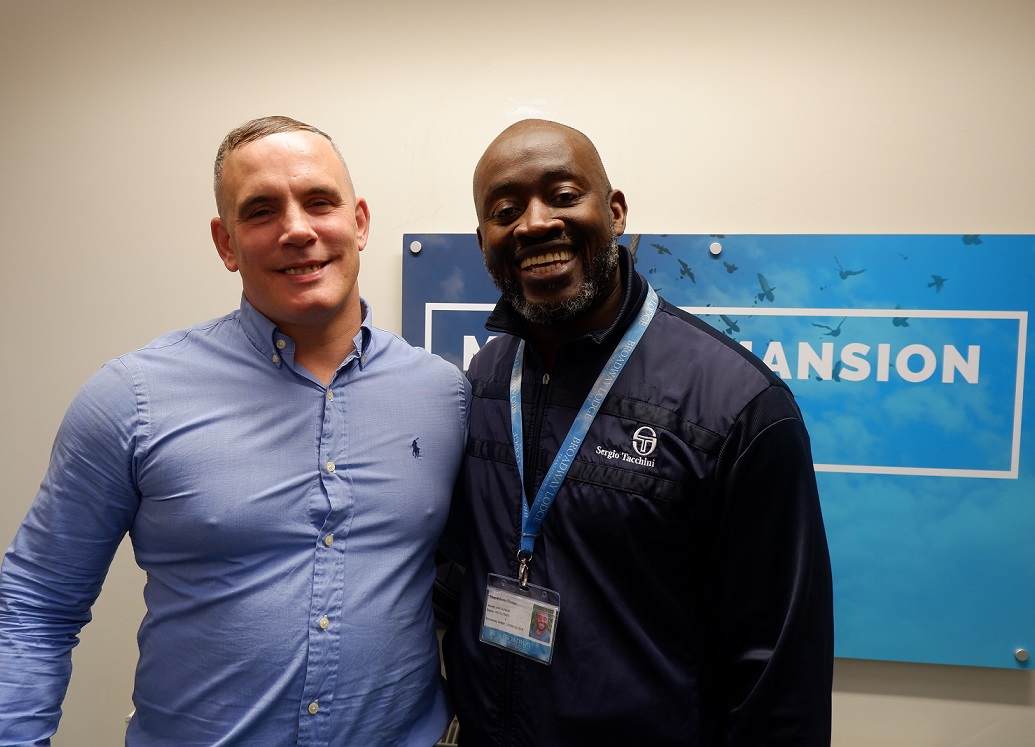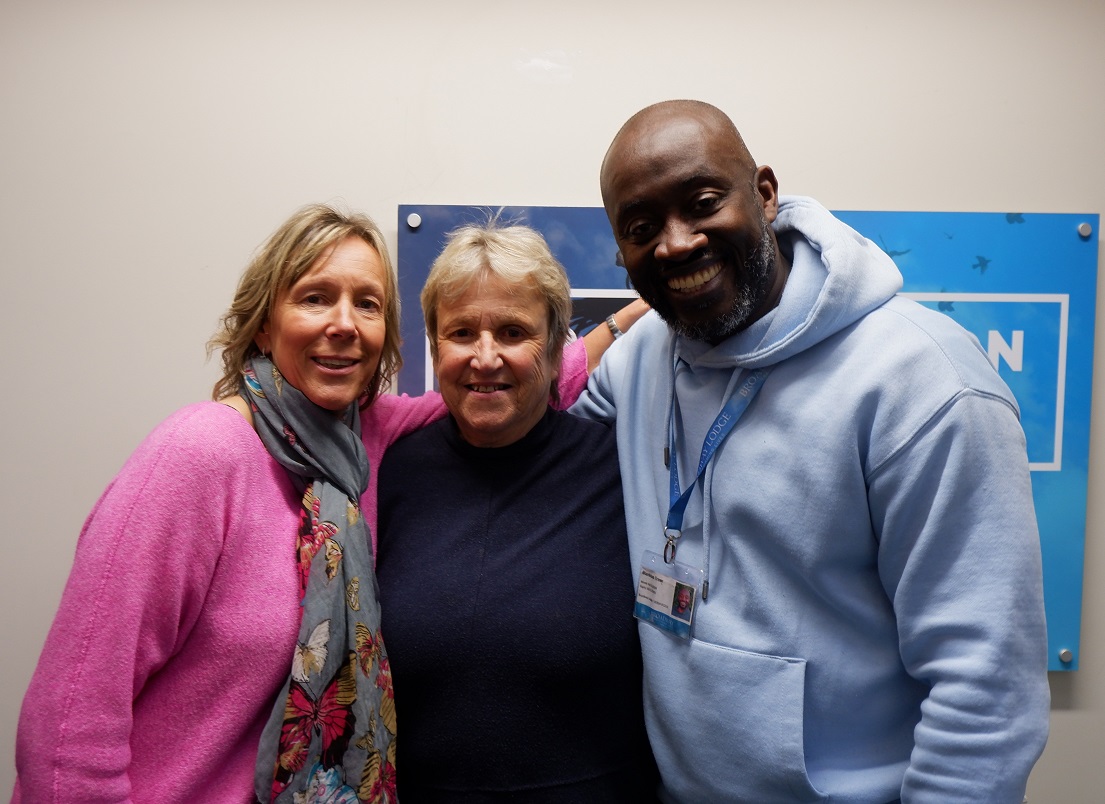Alcohol Awareness Week starts today and it’s a campaign led by UK charity Alcohol Change UK. This years theme is ‘Alcohol & Mental Health’.
The campaign aims to raise awareness of the harms of alcohol and its impact on mental health. As a rehabilitation centre for addiction who see many clients with dual diagnosis (where addiction co-exists alongside a mental health illness), we want to support this initiative by publishing some advice for looking after your mental health and wellbeing.
It’s important to look after our mental health
Mental health refers to our psychological, emotional and social wellbeing and it impacts the way we think, feel and act in our daily lives. If we suffer from a mental health illness it will affect our mood and the way we think and behave. Just like there are many different physical illnesses, there are a wide range of mental health disorders too, such as anxiety and depression, schizophrenia, obsessive-compulsive disorder, phobias and eating problems. But these are recognised and treatable, so just because you aren’t always feeling physically ill or in pain, it’s important to reach out for help because our mental wellbeing can significantly affect our quality of life so we need to look after it. It’s also important to know that you’re not alone and that it’s okay to ask for help.
Some places where you can get help include:
GP:
Speak to your GP or your local mental health crisis team. They may refer you to see a specialist, offer a diagnosis and/or offer medication to help you feel better (and this is nothing to be ashamed of).
Talking:
Confiding in someone you know. Once you’ve talked over what’s happening for you with a friend, relative or colleague for example, this can be enough to relieve the mind. If you feel you can’t speak to someone you know initially, phone a helpline like the Mind charity helpline for advice.
Counselling:
Speak to a qualified counsellor in one to one sessions. Sometimes our thoughts and the way we think can be debilitating so getting some help to change these damaging patterns can do wonders.
Influencers & Freely Available Inspiration:
You can freely follow ‘influencers’ online (via Facebook, Instagram, their website for instance), who want to help people with their own mental health or addiction recovery journey and will regularly share their advice. A good place to start is by looking for inspiration of who to follow by simply doing a Google search and finding recommendations for mental health or recovery influencers. Some will relate to you, some may not, so it’s important to follow those who only help you to feel good.

Self-Care
It’s important to practice self-care and to do things that can help you to relax when you’re not feeling yourself. Some techniques can be easily achieved and remember not to feel guilty about taking time out for you. Methods of self-care could include: a hot scented bath; a guided meditation (via Youtube for example); a walk in nature and concentrating only on sounds to help relax the mind; saying positive affirmations aloud to yourself; yoga or exercise you enjoy. There are other ideas on the Mind website that you can read about by clicking here.

Mental Health Apps
There are a range of different apps available to support you if you suffer with a mental health condition, ranging from ones that can help to reduce the urge to self-harm to apps that focus on breathing to relax and overcome a panic attack. Many are free to use and some charge a subscription fee.

Support for loved ones
If you’re affected by someone else’s alcohol or substance misuse, it’s important that you get the support when you need it to look after your own wellbeing. There are a number of charities who specifically support friends and relatives, including Families Anonymous, Al-Anon and Adfam. All of these provide a wealth of information on their website, have a helpline and hold support groups. Your local drug and alcohol service may also offer support.
If you would like to know more about Alcohol Awareness Week please visit the Alcohol Change UK website here where you can find a wealth of information about how alcohol affects our mental health as well as places to get help if you’re concerned about your own or someone else’s drinking.



